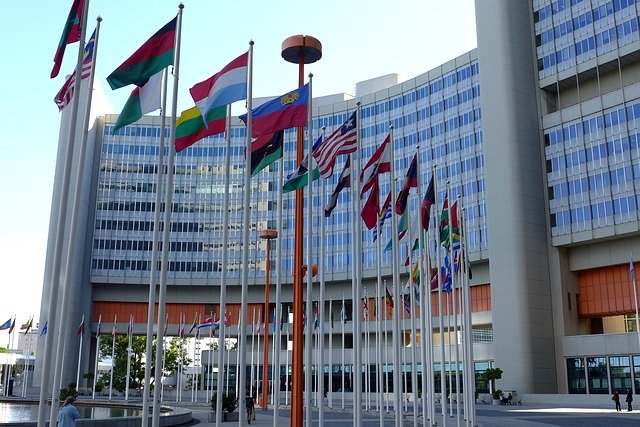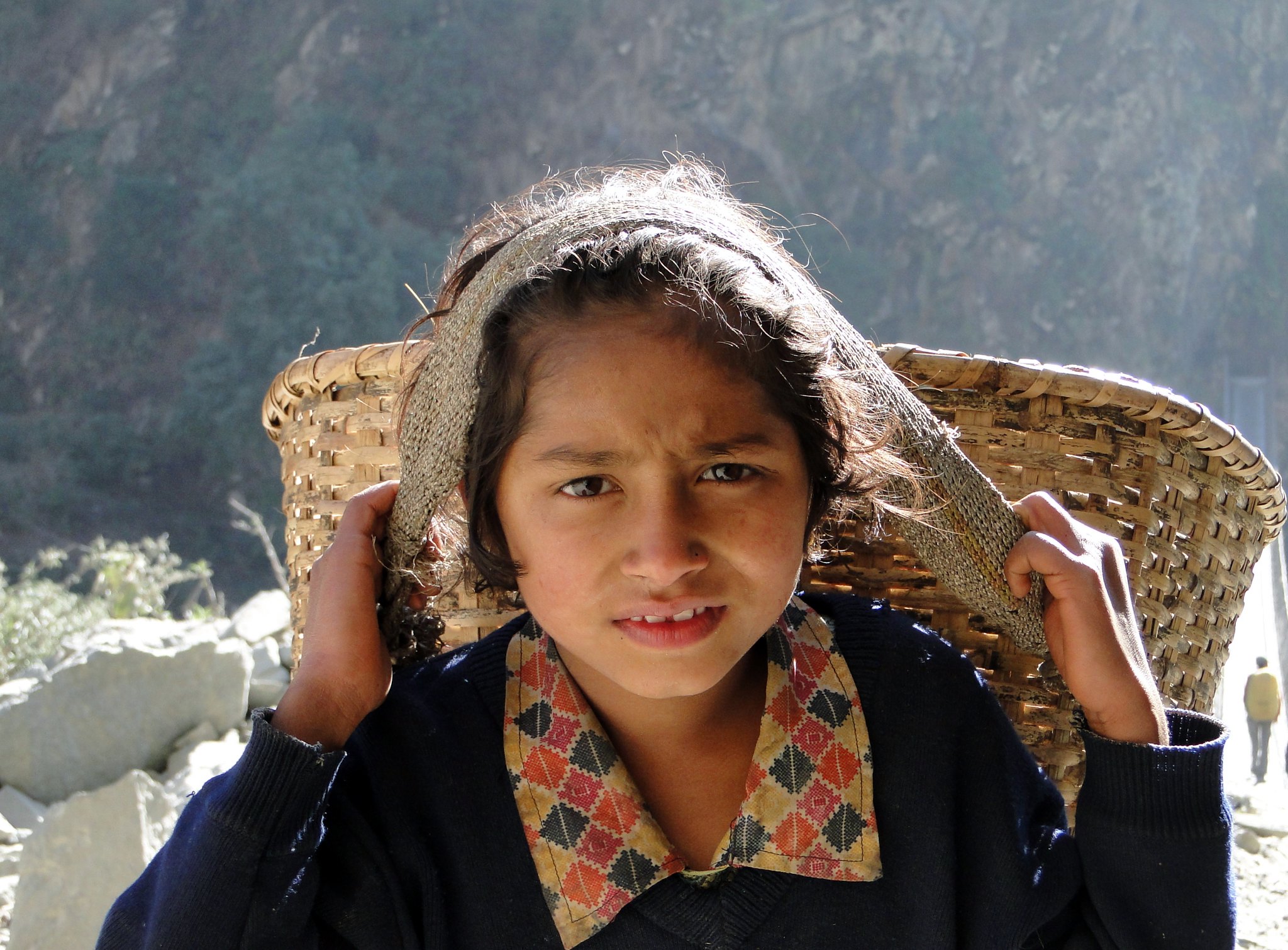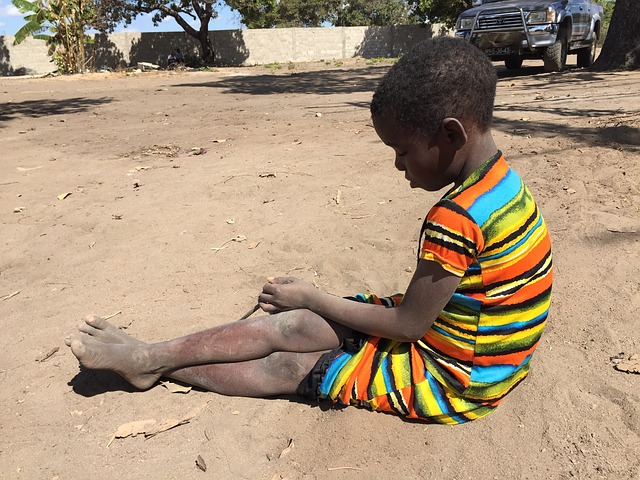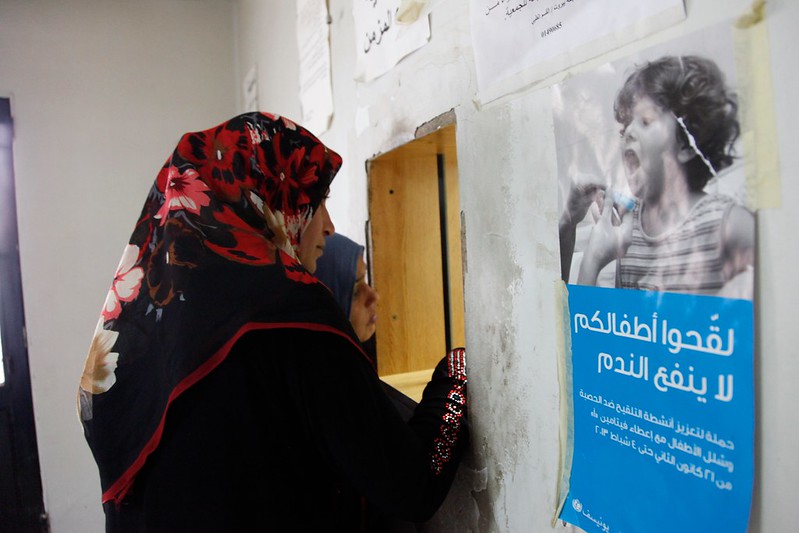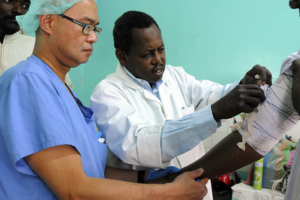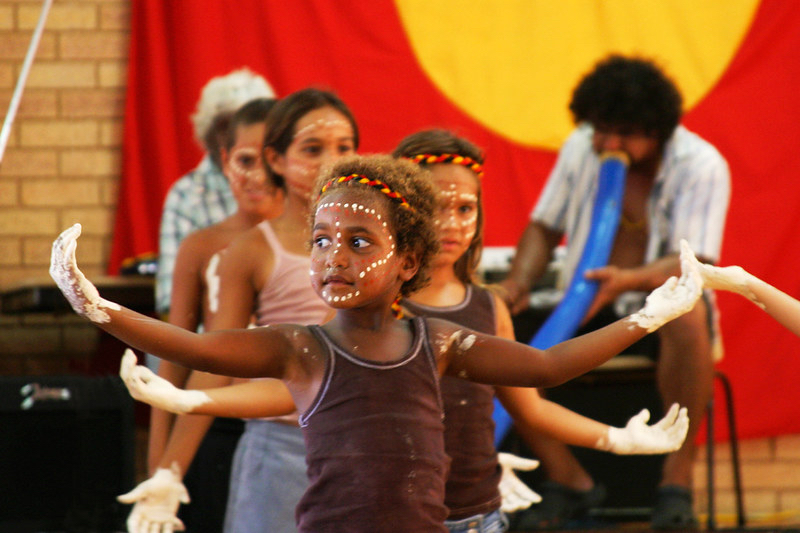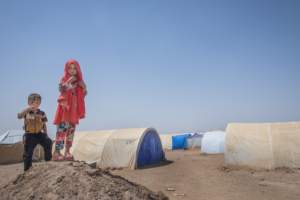 Iraq, located in Southwestern Asia, has faced decades of violence, civil unrest and security issues. These challenges, compounded by COVID-19, have left 32% of the population living in poverty and millions need humanitarian assistance due to hunger.
Iraq, located in Southwestern Asia, has faced decades of violence, civil unrest and security issues. These challenges, compounded by COVID-19, have left 32% of the population living in poverty and millions need humanitarian assistance due to hunger.
Facts About Hunger in Iraq
- Geopolitical issues – Iraq has faced civil war, violence, and international sanctions since the 1990s. However, the war against ISIS has had particularly devastating effects on the country. It resulted in thousands of deaths, severely damaged infrastructure, and displaced approximately 1.2 million people internally. The economy, especially the agricultural sector, has suffered significantly; about 70% of farmers were displaced and land, farm machinery and crops were destroyed. As a consequence, poverty and hunger have increased in Iraq and one million Iraqis are currently experiencing food insecurity.
- Corruption – The second issue contributing to increased poverty and hunger in the country is rampant corruption in the public sector. Transparency International states Iraq currently ranks 154th out of 180 countries on the Corruption Perceptions Index. The situation has worsened post-recovery, as aid from the international community has been mismanaged and bribery has become common. This has led to significant inequalities and disparities, exacerbating poverty and hunger throughout the country.
- COVID-19 and economic crisis – The COVID-19 pandemic and fluctuating oil prices have severely affected the Iraqi economy, leading to widespread job losses (current unemployment is 16%) and pushing millions into poverty. Rising inflation has further worsened the situation, making many essential commodities like food and fuel unaffordable. This has resulted in significant food insecurity, highlighting the urgent need for support and intervention for vulnerable populations.
Statistics
- According to the Global Hunger Index, Iraq is ranked 70th out of 127 countries, with a declining score of 14.9, down from 13.8 last year, indicating a developing crisis.
- 16.3% of the population is undernourished and stunting is prevalent in 12.3% of children under 5.
- 38% of pregnant women suffer from anemia.
Good News
Numerous organizations are taking decisive action in challenging times to enhance the living conditions of the Iraqi people. For instance, the World Food Programme (WFP) provides food assistance to internally displaced persons, refugees and other vulnerable populations. However, its mission extends beyond this. The WFP also collaborates with the government to equip youth with essential technical skills, empowering them to become self-reliant. One such initiative is the “National Jousour Program,” which teaches young people English and digital skills to enhance their employability and secure sustainable sources of income. Other programs and centers also offer photography, baking, knitting, and carpentry training. These initiatives have benefited thousands of individuals across Iraq and continue to make a positive impact.
Action Against Hunger provides training, education and cash grants to help individuals achieve self-sufficiency and reduce poverty and hunger in Iraq. Given that Iraq is a country recovering from conflict, it offers mental health training for health care workers to help address the trauma experienced by survivors. The organization also focuses on improving the irrigation system to enhance crop production and agriculture. Thus, it helps build resilience and self-sustenance in the community.
Closing Thoughts
Iraq is in urgent need of assistance. The international community must unite for lasting peace and rehabilitation in the country by focusing on sustainable development projects in education, healthcare, agriculture and infrastructure. Only then can we effectively reduce poverty and hunger in Iraq. The priority should be to develop a system of checks and balances and accountability. This would ensure that aid reaches those who truly need it. By working on these lines, we can help create a stable and prosperous future for the people of Iraq.
– Carlie Chiesa and Maria Waleed
Photo: Flickr
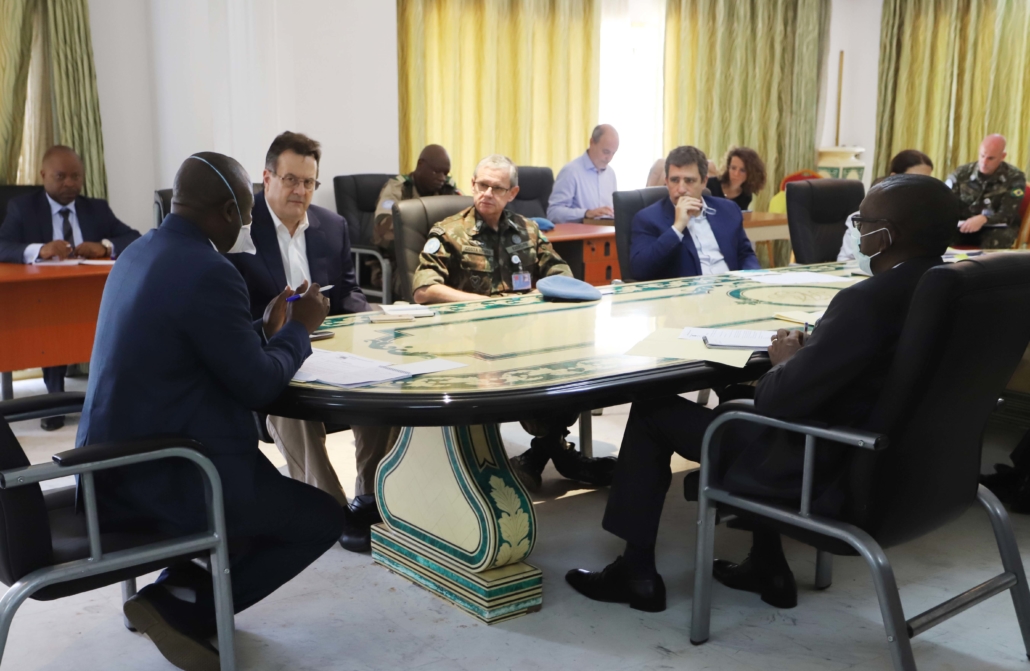
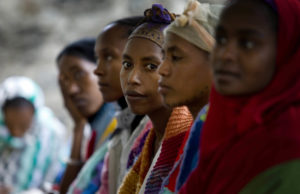
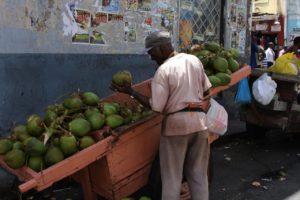 The population of Barbados is
The population of Barbados is 